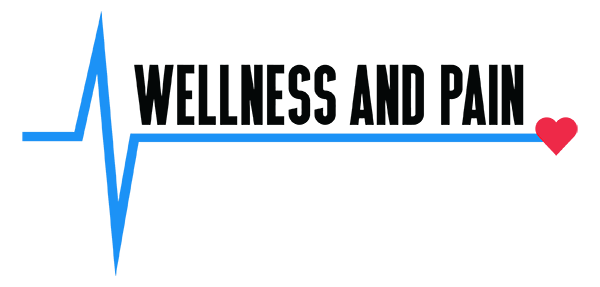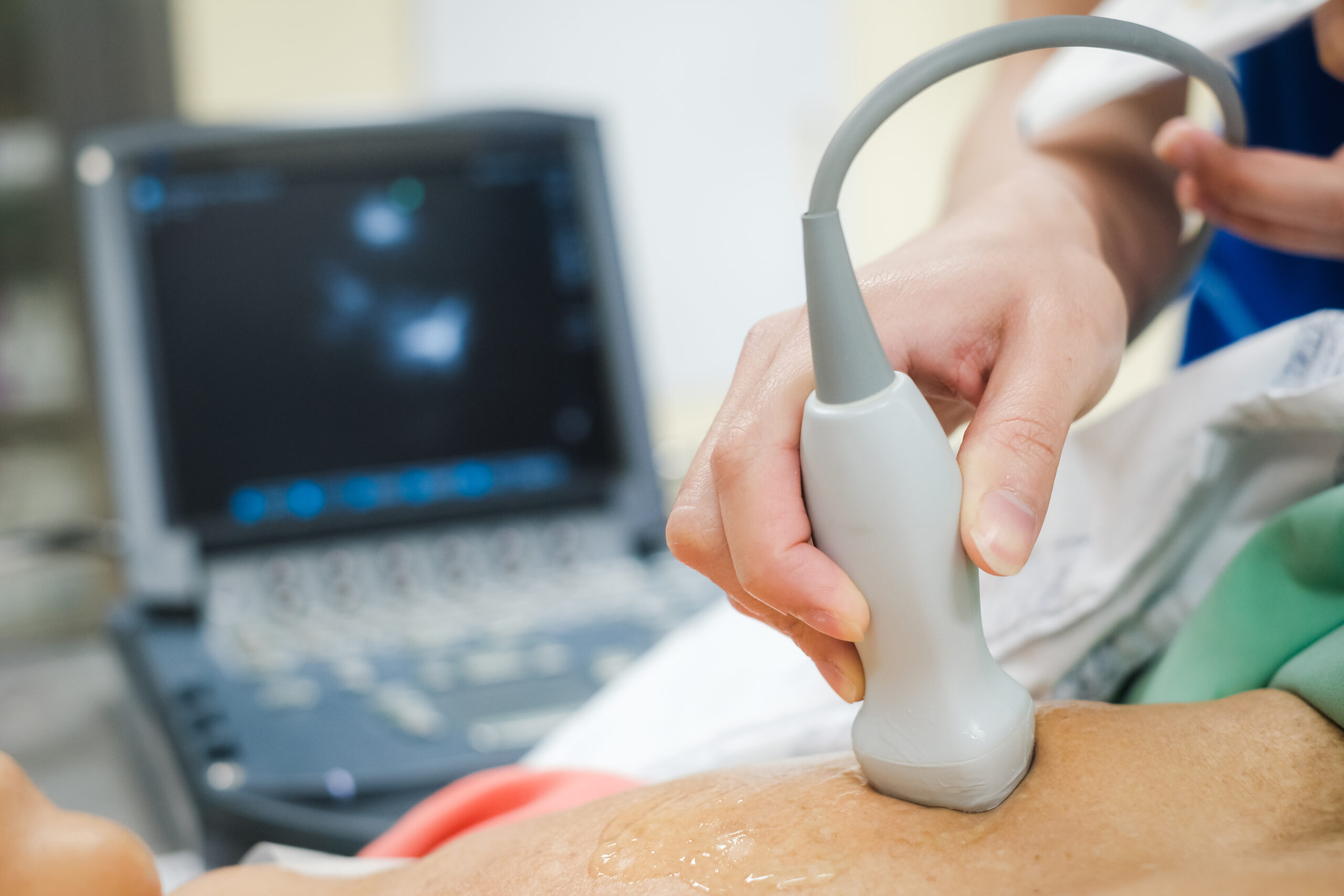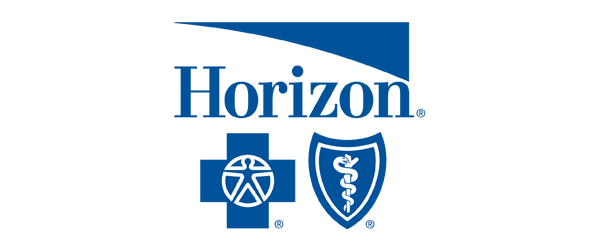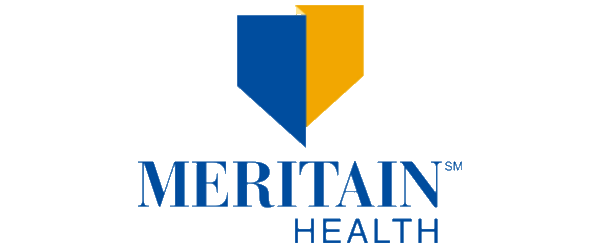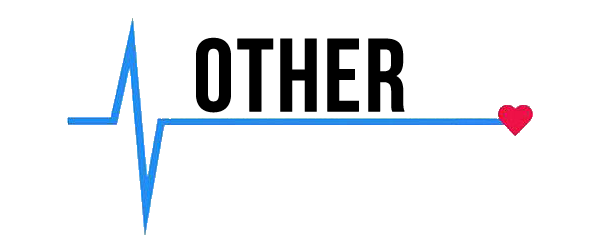What You Should Know About Advanced Cardiac Diagnostics in NJ
Any provider of advanced cardiac diagnostics in NJ will tell you that doctors visualize your heart like a car engine. If your heart is the powerhouse keeping you going, a cardiovascular assessment is the mechanic’s high-tech tool to inspect things. There are two main reasons why someone might need this inspection.
Unusual noises, trouble starting, or sluggish performance will arise when something isn’t right with your vehicle’s engine. Similarly, bodily symptoms like chest pain, shortness of breath, or an irregular heartbeat can signal a heart issue. Advanced diagnostics help pinpoint the exact problem.
Even healthy adults may undergo an evaluation, especially if they have a family history of heart disease or risk factors. Risk factors include high blood pressure or high cholesterol.
One preventative measure is to get an echocardiogram. This type of advanced cardiac diagnostic, and others, go beyond basic electrocardiograms and chest X-rays. Echocardiograms and other tests can provide a deeper look at the structure and function of your heart and potential issues.
“In the 21st century, the field of cardiovascular imaging is evolving at an accelerated pace,” the experts point out. The American College of Cardiology says advances in nuclear imaging, MRI, computed tomography, and echocardiography have added to improved diagnoses. “The future of cardiovascular diagnostics is trending toward non-invasive multimodalities,” the college says. “With the constant innovation and development of novel therapeutics, the landscape of cardiovascular medicine is changing.”
These tests can help doctors diagnose a variety of heart conditions. Some of these conditions include coronary artery disease, heart valve problems, heart failure, and arrhythmias.
Basic vs. Advanced Cardiac Diagnostics in NJ
Health and wellness centers typically focus on preventative care, but some offer advanced cardiac diagnostics in NJ. Many have invested in this equipment so they can go above and beyond in their diagnostic testing services. Some common tests you might encounter include an electrocardiogram, echocardiogram, Holter monitor, and blood tests.
An electrocardiogram is a very basic test that measures electrical activity in your heart. It’s not super advanced, but it can be a good starting point for detecting abnormal heart rhythms or damage.
Similarly, an echocardiogram is a more advanced test. It uses ultrasound waves to create images of your heart. An echocardiogram can display the size and shape of your heart chambers. It also shows how well your heart muscle is pumping and whether your heart valves are working properly.
That’s not the only high-tech tool in the toolbox. A Holter monitor is essentially a portable electrocardiogram that you wear for 24 to 48 hours. Constantly recording your heart’s electrical activity, it helps identify arrhythmias that may not show up on a standard electrocardiogram. While not the most advanced, it provides a more extended look at your heart rhythm than a basic electrocardiogram.
Also, blood tests can reveal risk factors for heart disease, such as high cholesterol or blood sugar. While it’s not a diagnostic tool, a blood test helps doctors determine if further diagnostics are needed.
It’s difficult to pinpoint the exact number of advanced cardiac diagnostic tests that have been developed. The field is constantly evolving, with new technologies and variations continuously emerging. Some tests have sub-specialties depending on the information they target. For example, there are multiple types of stress tests.
Fortunately, there is a broad range of advanced cardiac diagnostics available. Each test offers a unique window into your heart’s health.
Three Cardiac Diagnostics Stand Out in Popularity
Three popular advanced cardiac diagnostics in NJ stand out. Many adults with health issues have stumbled across these options in an effort to live healthier, preventative lifestyles.
An echocardiogram, mentioned above, is perhaps the champion of cardiac diagnostics due to its versatility and patient-friendliness. It helps doctors visualize your heart valves and their movement, helping detect abnormalities. Unlike some tests, an echocardiogram is non-invasive and doesn’t involve needles or radiation. It’s a painless procedure where a transducer is placed on your chest to capture sound waves.
A cardiac stress test is popular because it assesses how well your heart responds to stress. It can indicate potential problems with blood flow to the heart muscle. Doctors can identify the risk for a heart attack by uncovering a narrowing area or blockage in the coronary arteries. In addition, there are different types of stress tests available, catering to individual needs and limitations. Some involve exercise on a treadmill, while others use medication to simulate exercise.
A cardiac computed tomography scan, or CT scan, is an imaging technique providing detailed cross-sectional pictures of your heart’s anatomy. Excellent at visualizing coronary arteries, it allows doctors to detect even small blockages that might be missed by other tests.
Advanced Cardiac Diagnostics in NJ is an Evolving Field
The field of advanced cardiac diagnostics in NJ is constantly innovating, offering more sophisticated tools than ever before. Some of the more cutting-edge diagnostics are popular today for their immense technological advancements.
Cardiac myocardial perfusion imaging is a technique going beyond simply visualizing the heart’s structure. It uses radioactive tracers to assess blood flow to the heart muscle. It provides a functional view of the heart, revealing areas with reduced blood flow that might indicate coronary artery disease. This is a step up from just looking at the arteries themselves. Additionally, it utilizes emission tomography scans, offering higher resolution images.
Cardiac fractional flow reserve, a diagnostic tool that takes things a step further, measures pressure difference across narrowed coronary arteries. This test is a step above just looking for a blockage. It measures its functional impact on blood flow. Doctors can then determine if a blockage is severe enough to warrant intervention. Fortunately, it uses a specialized pressure wire, making it less invasive than traditional angiography.
Lastly, a cardiac CT angiography with advanced reconstruction techniques offers 3D images based off 2D visuals. This allows for much sharper and clearer images of coronary arteries. It can also improve the accuracy of detecting blockages, especially smaller ones. On top of this, a doctor can control the radiation doses using modern-technique scanning, making the procedure safer.
Specific Clinical Situations Determine Your Diagnostic
Specific clinical situations at advanced cardiac diagnostics in NJ influence the choice of cardiac testing.
First, consider your average unhealthy adult suffering from a symptom. Depending on the characteristics of one’s pain, doctors might choose a basic electrocardiogram to check for abnormal heart rhythms. It can also assess heart function and rule out valve problems.
If your coronary artery disease risk is high, a stress test or cardiac CT scan will do the job. These evaluate blood flow and potential blockages.
Additionally, while not strictly a diagnostic tool, a blood test can reveal risk factors for heart disease. If your markers are elevated, doctors might recommend a Carotid Intima-Media Thickness Test to assess your blood vessels’ health.
Nonetheless, an echocardiogram is often the frontline investigation used to assess the heart’s current functionality given your symptoms. It can identify potential causes like heart failure or valve disease. Depending on the findings, a chest X-ray might be included. X-rays look for lung issues that sometimes contribute to shortness of breath.
As you consider any family history of heart disease, an echocardiogram can be a valuable tool for preventative screening. Look into this test if you have a long family history of weakened heart muscles.
“Echocardiography is a non-invasive imaging modality that has revolutionized the field of cardiology,” according to Loma Linda University Health. It can provide detailed, real-time images of how your heart is functioning. “Echocardiography often marks the crucial first step in a patient’s journey toward diagnosis, treatment, and improved heart health.”
Your doctor will always customize the most appropriate advanced cardiac diagnostics. They are based on any patient’s specific situation, circumstances, medical history, and your doctor’s expertise.
Wellness and Pain
Find your advanced cardiac diagnostics in NJ by visiting Wellness and Pain. We offer conservative treatments, routine visits, and minimally invasive quick-recovery procedures. We can keep you free of problems by providing lifestyle education and home care advice to help you avoid and manage issues, quickly relieving your inhibiting lifestyle conditions when complications arise.
At Wellness and Pain, we personalize patient care plans. We improve wellness, increase mobility, relieve pain, and enhance your overall health, based on each patient’s condition and unique circumstances.

